A Golden Era for British Wines: Halfpenny Green Wine Estate Leading the Charge
Clive Vickers, the proprietor of Halfpenny Green Wine Estate, recently proudly tapped a 10,300-litre stainless steel tank among the 300 he operates to craft award-winning wines. These tanks are employed to produce wines for 104 vineyard owners across England and Wales.
Vickers’ business has seen significant growth amid the rising fascination with British wine. According to WineGB, the industry body, there are currently 4,209 hectares dedicated to vine cultivation in the UK—over twice the amount from a decade ago. The number of vineyards has grown by 9.2% over the past year, and wine production has surged to 21.6 million bottles, marking a remarkable 77% increase from 2022.
“There’s a huge buzz around British wine right now,” Vickers mentioned during a tour of his 30,000 sq ft winery situated near Bobbington in South Staffordshire. “The hottest new region is the Crouch Valley in Essex with substantial plantings of pinot noirs and chardonnays. But we’re also seeing new vineyards in Inverness and near Edinburgh, with more across the Lake District, Yorkshire, and Wales.”
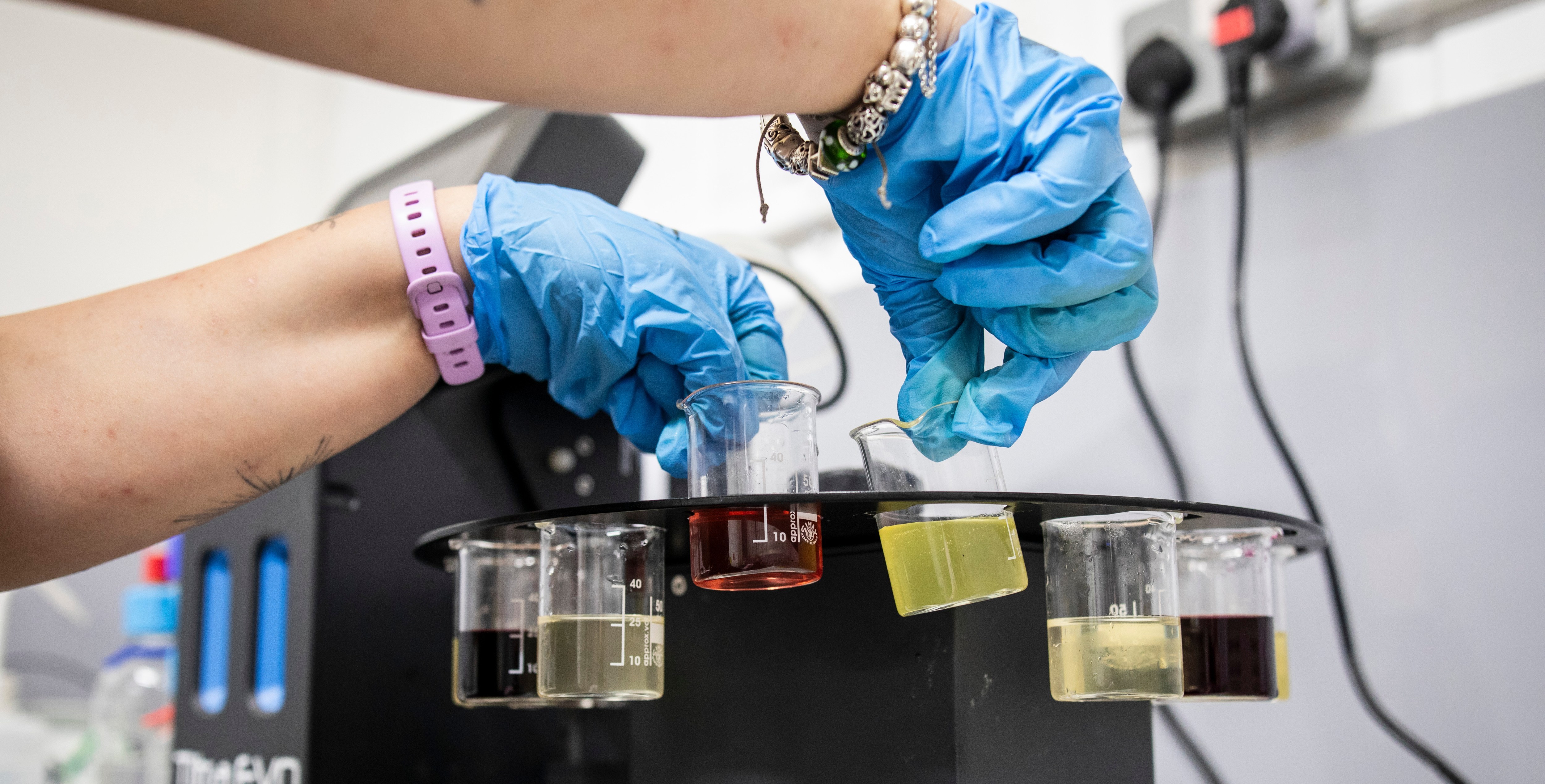
Halfpenny Green Wine Estate, with an annual turnover of £4 million, is expanding swiftly. Following the 2023 harvest, which saw the processing of 700 tonnes of grapes, Vickers invested £200,000 in new buildings and £450,000 in state-of-the-art equipment such as filtration tanks and presses. This year’s harvest is expected to reach 1,000 tonnes, translating to around 900,000 bottles of wine.
This year, Vickers, 57, will produce about 250,000 bottles under the Halfpenny Green label, complemented by wines for clients like Dunesforde in East Yorkshire, Carden Park in Cheshire, and Vale Vineyard near Denbigh in North Wales. “Annually, we create 250-300 different wines from 40 grape varieties, involving blending, filtering, tasting, analyzing, and bottling,” he said.
While Halfpenny Estate isn’t the largest vineyard in the UK, it does produce the widest variety of wines, making it an essential player in the domestic wine industry. The enterprise is a family-run affair, with Clive’s wife, Lisa, 54, steering the restaurant and hospitality wing, and his father, Martin, 81, the original visionary who planted the first vines in 1983. Today, they employ 75 people and support numerous small craft businesses that rent spaces on the estate.
Reflecting on their growth, Vickers contemplates the future. “There’s the potential for us to double in size in the next five years and partner with up to 250 vineyards,” he said. However, as Lisa pointed out, “Can’t we start slowing down?”
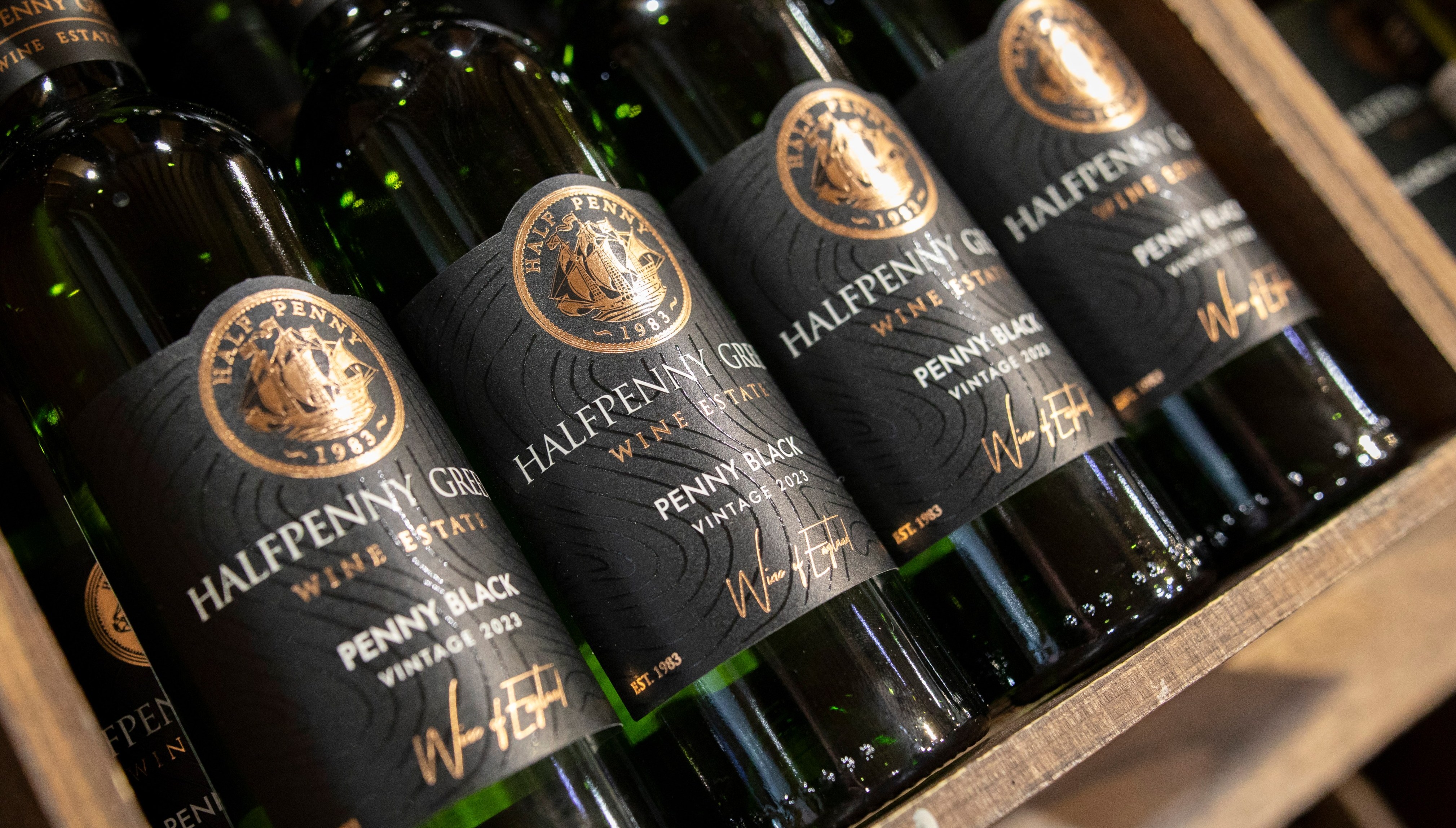
Despite the relentless pace, they savor their achievements. Halfpenny Green has earned accolades like a silver medal for its 2020 Chardonnay at the Decanter Wine Awards. Notably, patrons of the Porsche dealership in Wolverhampton receive a bottle of Halfpenny Green sparkling wine, illustrating the brand’s prestige.
Halfpenny Green’s roots lie in farming. “My great-grandfather’s farm, which we’ve transformed over the decades, began our winemaking journey with 400 vines in 1983,” Vickers recalled. The initial venture produced around 100 bottles, which impressed enough to expand to 20 acres by 1990. A small winery emerged in 1994, with production escalating to meet demand.
Initially selling at farmers’ markets and small-scale retail, the estate secured an early contract with Waitrose, indicating early promise. More extensive planting in 2005 led to a larger, dedicated production facility, now sprawling 30,000 sq ft.
To support Halfpenny Green’s label, Vickers collaborates with growers in Herefordshire, Worcestershire, and Shropshire. The estate now spans 100 acres, producing 250,000 to 350,000 bottles annually, subject to weather conditions.
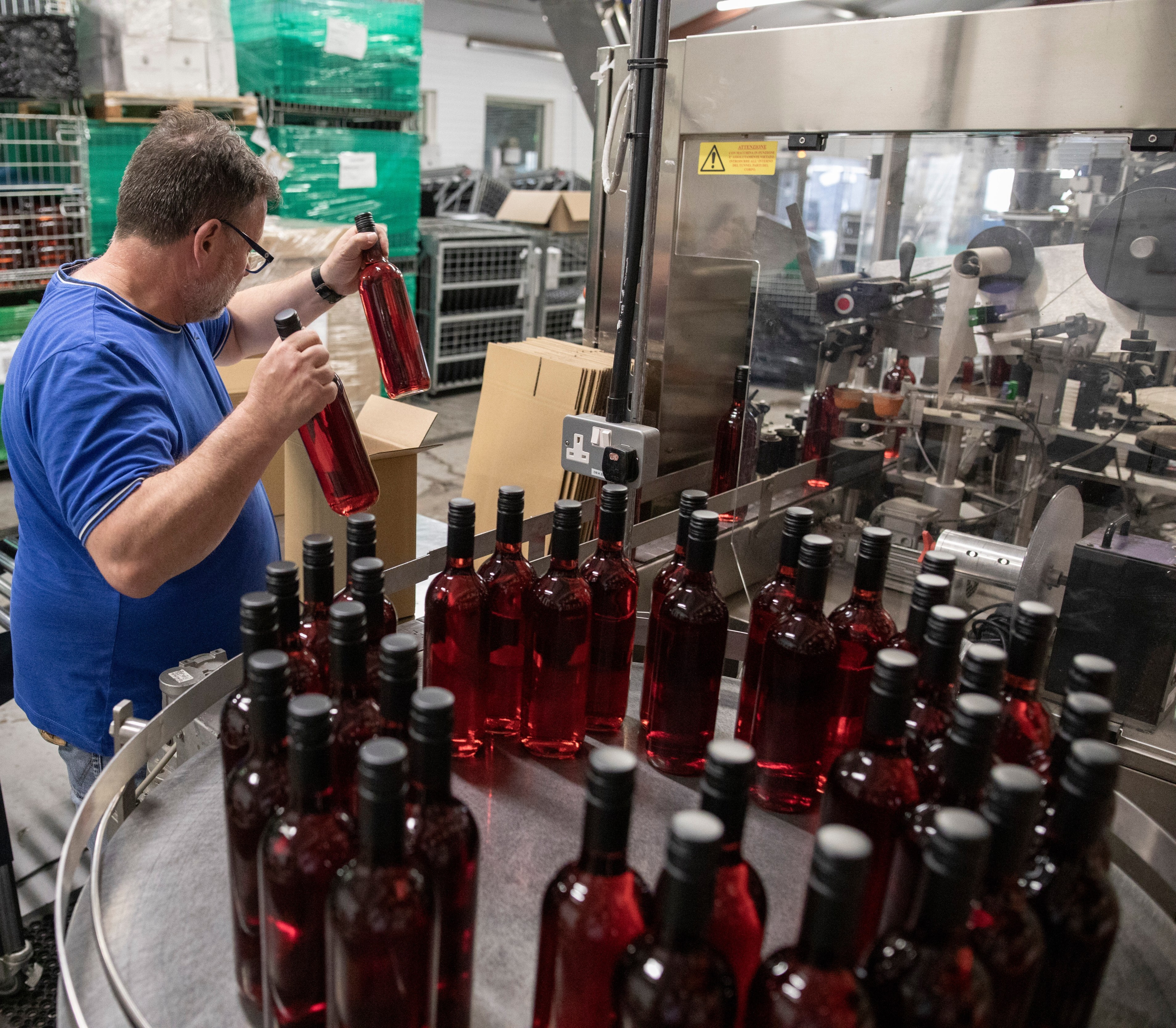
Contract manufacturing enables Vickers’ team to master diverse grape varieties and soil types, bolstering their expertise. “It also stabilizes cash flow, supporting investment and enhancing our brand,” Vickers noted.
The estate’s future may lie with Vickers’ daughters, Imogen and Emily, who are both studying at Harper Adams University, a top institution for agriculture and forestry. “If they decide to take over, it might be time for us to slow down and let the next generation lead,” he concluded.
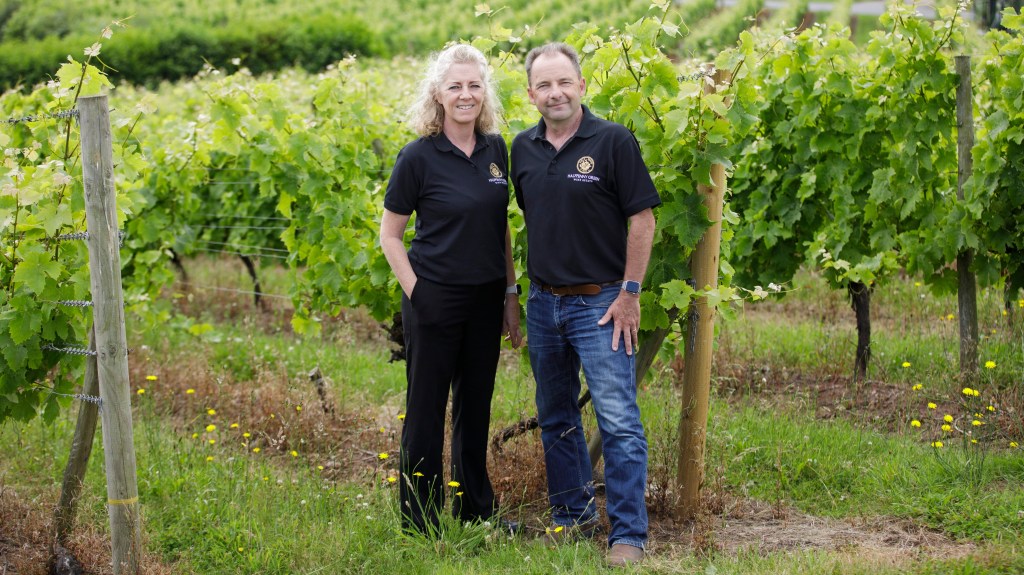
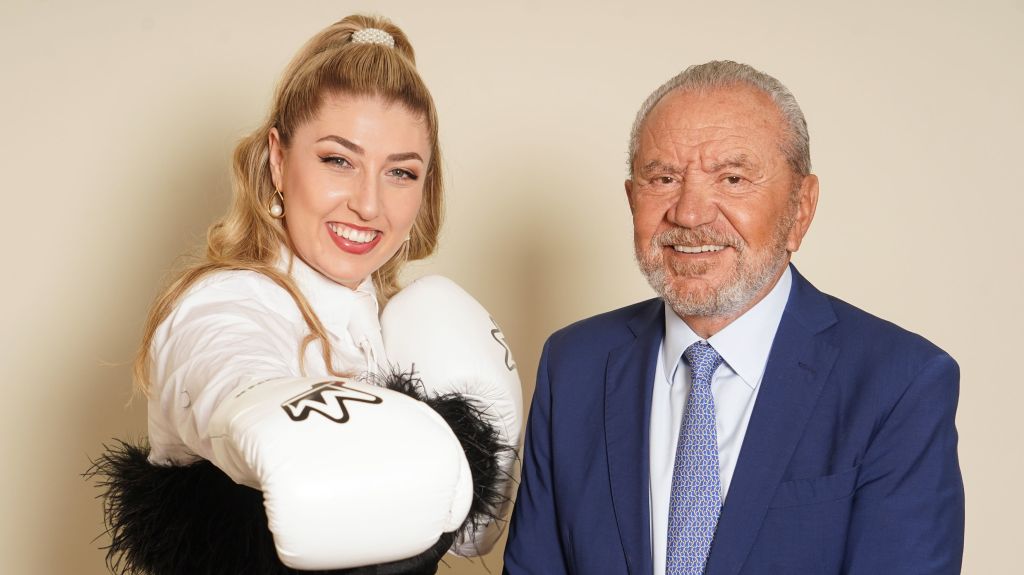

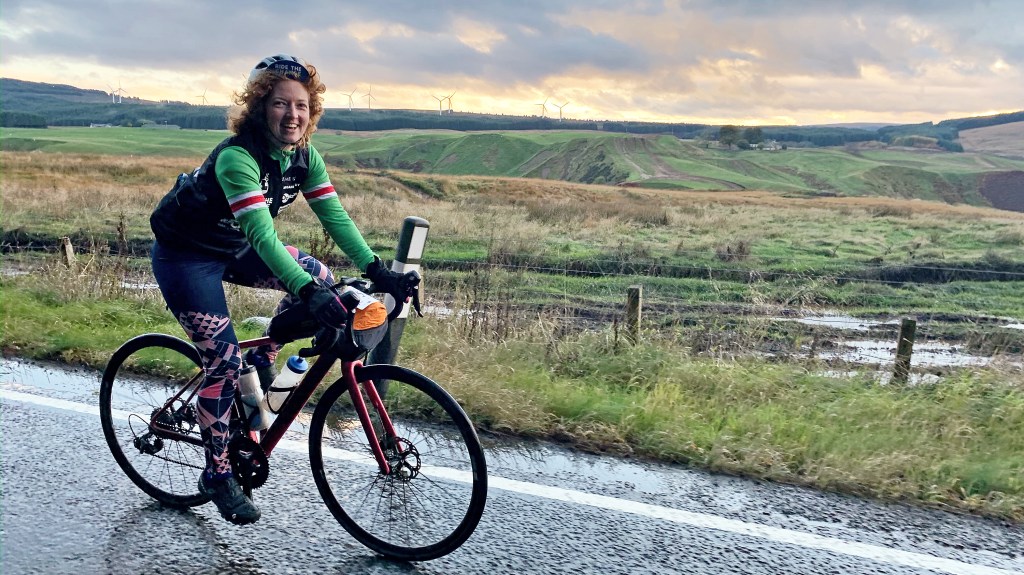
Post Comment